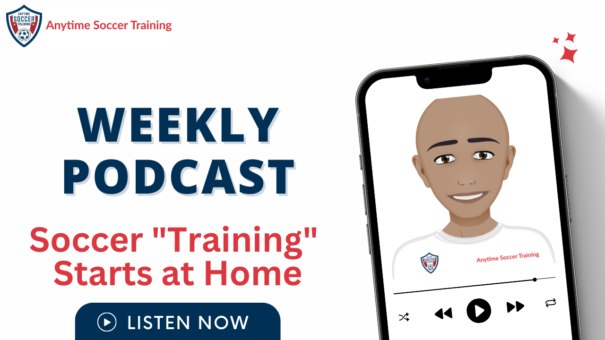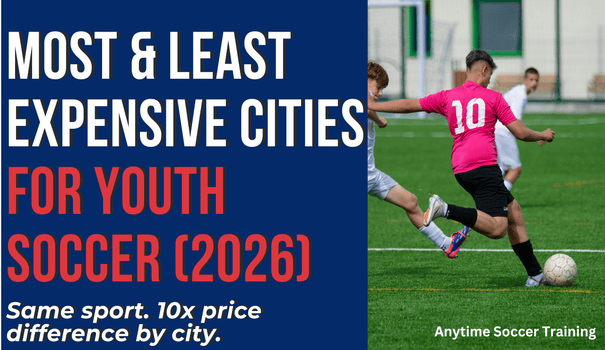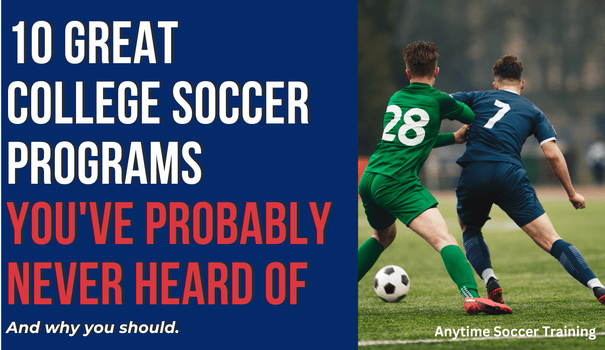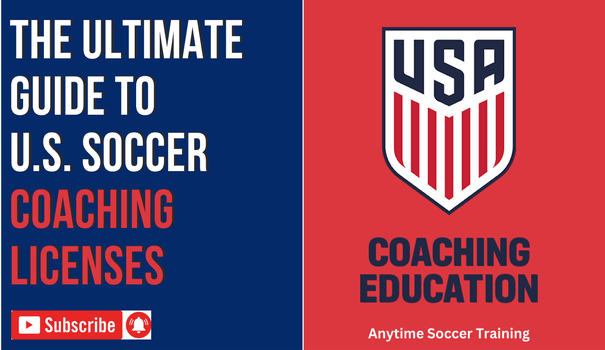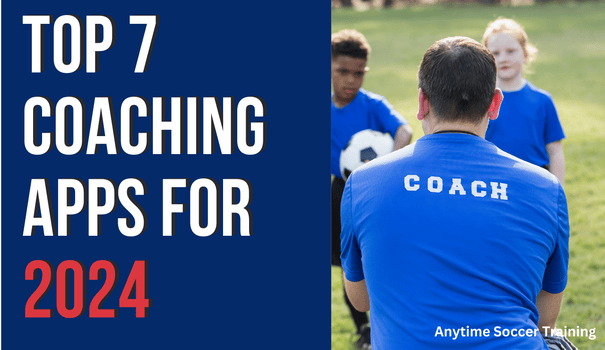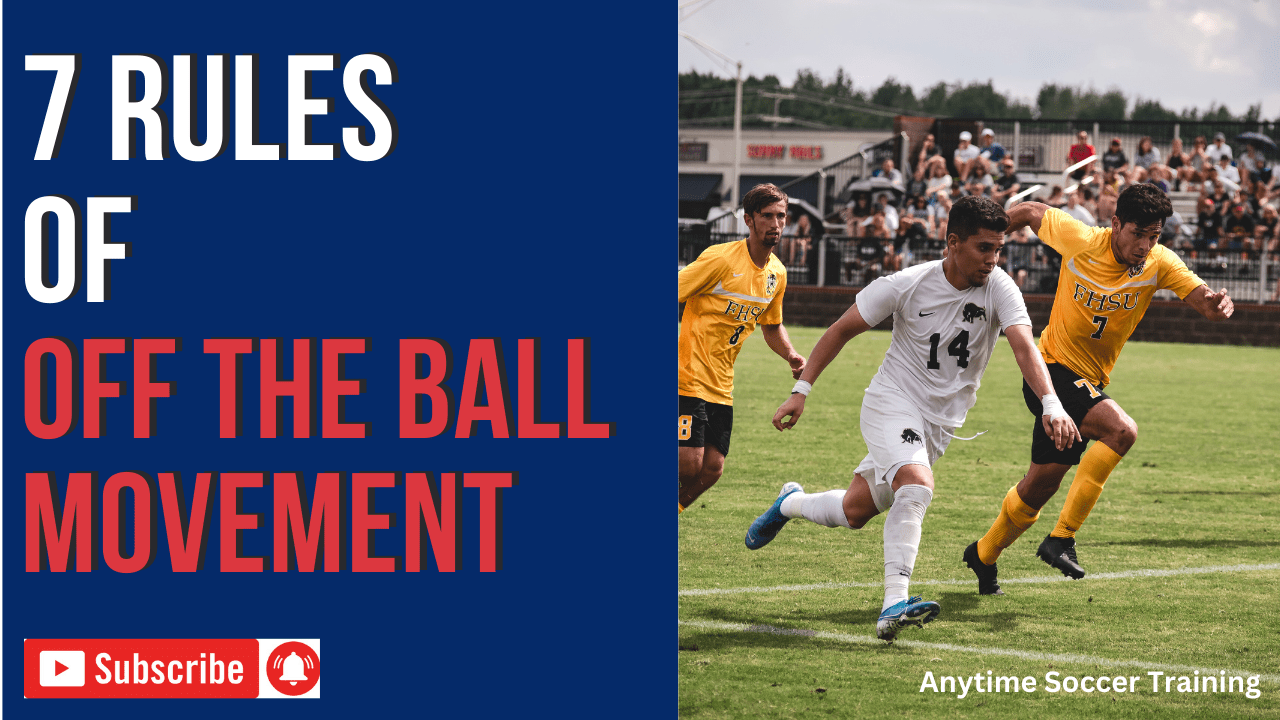When I first started training my sons in soccer, I knew that I wanted to give them more control over their training. I wasn’t exactly sure why, but I had this feeling that it was important for them to take ownership of their own development.
Soon I realized the importance of providing my children with autonomy in their training. Allowing them to take charge of their own development has helped them become more independent and self-aware individuals.
Here are some of the benefits of autonomy in youth soccer training:
Improved Decision-Making Skills
When it comes to promoting better decision-making skills in children, there’s one simple but effective approach: autonomy. By giving children the opportunity to make their own decisions about their soccer training, they develop stronger decision-making skills overall.
As a parent, it’s easy to want to control every aspect of our children’s lives, especially when it comes to something as important as their development. However, by giving them the space to make their own choices, we’re helping them grow into more independent and self-aware individuals.
So if you’re looking to help your child develop better decision-making skills, consider incorporating autonomy into their soccer training. By allowing them to take charge of their own progress, they learn how to evaluate their strengths and weaknesses and make choices that are in their best interest. This not only applies to their training routine, but also to other areas of their lives.
So next time your child expresses interest in taking the lead on their soccer training, consider giving them the freedom to do so. You might be surprised at how much they can learn and grow when given the chance to take ownership of their own development.
Increased Motivation
Autonomy also leads to increased motivation. When children have control over their own training, they are more likely to be intrinsically motivated. They do not need external rewards or punishments to motivate them to practice; they are motivated by their own desire to improve.
Enhanced and Deeper Learning
Finally, autonomy leads to enhanced learning. When children are in control of their own training, they learn at their own pace and in their own way. They can focus on the areas they need to improve on the most and spend more time on those areas. This results in faster and more effective learning.
So how can you incorporate autonomy into your child’s soccer training routine? Here are a few tips:
Let Them Choose Their Training Schedule
As a parent, it can be difficult to find the right balance between supporting your child’s soccer development and allowing them to take ownership of their own progress. One way to give them some control over their training is by letting them choose when and how often they practice.
When my kids express interest in practicing soccer on their own time, I try to give them the space and flexibility to do so. By allowing them to set their own schedule and routine, they feel more invested and motivated in the process.
This approach not only promotes their love of the game, but it also helps them develop important time-management and self-discipline skills that will serve them well beyond the soccer field.
So if your child is showing a passion for soccer, consider giving them the freedom to take charge of their own training schedule. You might be surprised at how their dedication and hard work can pay off in the long run.
Encourage Self-Assessment
As a parent, it’s important to encourage your child to take ownership of their soccer development. One way to do this is by asking them to assess their own skills and progress.
I find it helpful to ask my kids what they think they need to work on and how they plan to improve. This not only gives them a sense of control over their training, but it also helps them develop important decision-making and problem-solving skills.
By empowering your child to self-assess and plan their own training, you’re teaching them to be proactive and accountable for their progress. So the next time your child is practicing soccer, ask them how they think they’re doing and what they plan to do to get better. You might be surprised by their insights and motivation!
Provide Resources
As a soccer parent, you want to provide your child with the best resources to improve their game. Giving them access to training videos or equipment can be a great way to help them achieve their goals. But it’s important to also give them the freedom to use these resources in their own way.
For example, my kids love using Anytime Soccer Training because they can follow along with the videos at their own pace and review certain techniques in slow-motion. It’s a great tool for promoting autonomy and allowing them to take charge of their own training.
So if you’re looking for a way to encourage your child’s independence in their soccer training, consider providing them with resources like Anytime Soccer Training and let them take the lead in their own development.
By incorporating autonomy into your child’s soccer training routine, you can help them reach their full potential on the field. So give it a try and see the difference it makes! Remember, the key to success is not just talent and hard work, but also autonomy.
